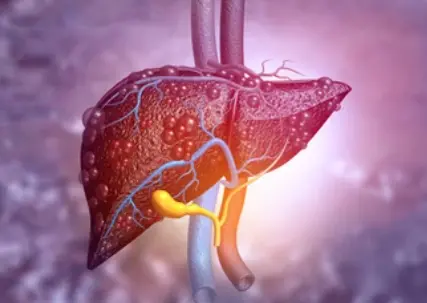 Welcome
Welcome
“May all be happy, may all be healed, may all be at peace and may no one ever suffer."
Osteocalcaemia - Generics
Osteocalcin is a protein found in bones that is involved in bone mineralization and plays a role in regulating blood sugar and fat metabolism. Osteocalcin levels can be used as a marker for bone turnover and health.
Osteocalcin is released by osteoblasts, which are cells responsible for bone formation. As osteoblasts create new bone tissue, they secrete osteocalcin into the bloodstream. The osteocalcin then binds to hydroxyapatite, the mineral component of bone, where it helps to regulate mineralization and turnover.
In addition to its role in bone health, osteocalcin has been found to play a role in regulating blood sugar and fat metabolism. Osteocalcin stimulates the production of insulin in the pancreas and enhances insulin sensitivity in peripheral tissues such as muscle and adipose tissue. It also increases the production of adiponectin, a hormone that regulates glucose and lipid metabolism.
Abnormal levels of osteocalcin can be indicative of various health conditions. Low levels of osteocalcin may be associated with decreased bone density and increased risk of fractures, as well as metabolic disorders such as type 2 diabetes and obesity. Conversely, high levels of osteocalcin may be associated with increased bone density but also with increased risk of cardiovascular disease.
Osteocalcin levels can be measured through a blood test. Normal levels of osteocalcin may vary depending on age and sex, but generally fall between 10-50 ng/mL.
In conclusion, osteocalcin is a protein found in bones that plays an important role in regulating bone turnover, as well as blood sugar and fat metabolism. Abnormal levels of osteocalcin can be indicative of various health conditions, and osteocalcin levels can be measured through a blood test.

Pruritic skin conditions

Leg ulcers and pressure s...

Streptococcal pharyngitis

Coronavirus Disease

Tinea cruris (jock itch)

Mild diarrhea

Liver transplant

Pancreatic cancer
Osteocalcaemia, অস্টিওক্যালকেমিয়া
To be happy, beautiful, healthy, wealthy, hale and long-lived stay with DM3S.